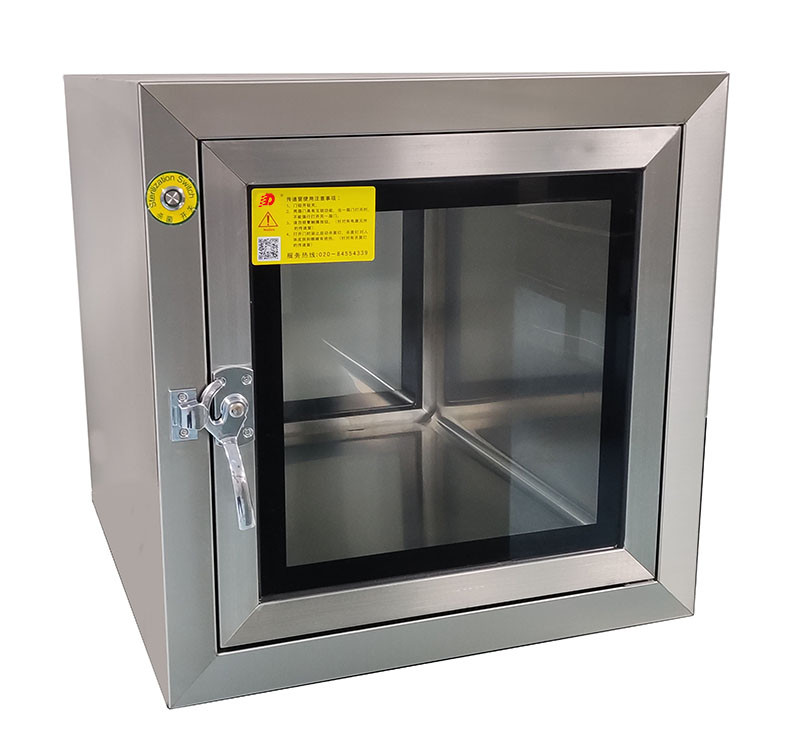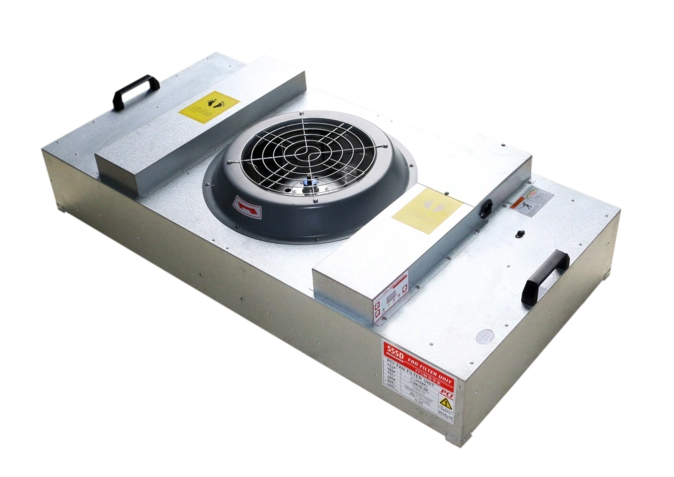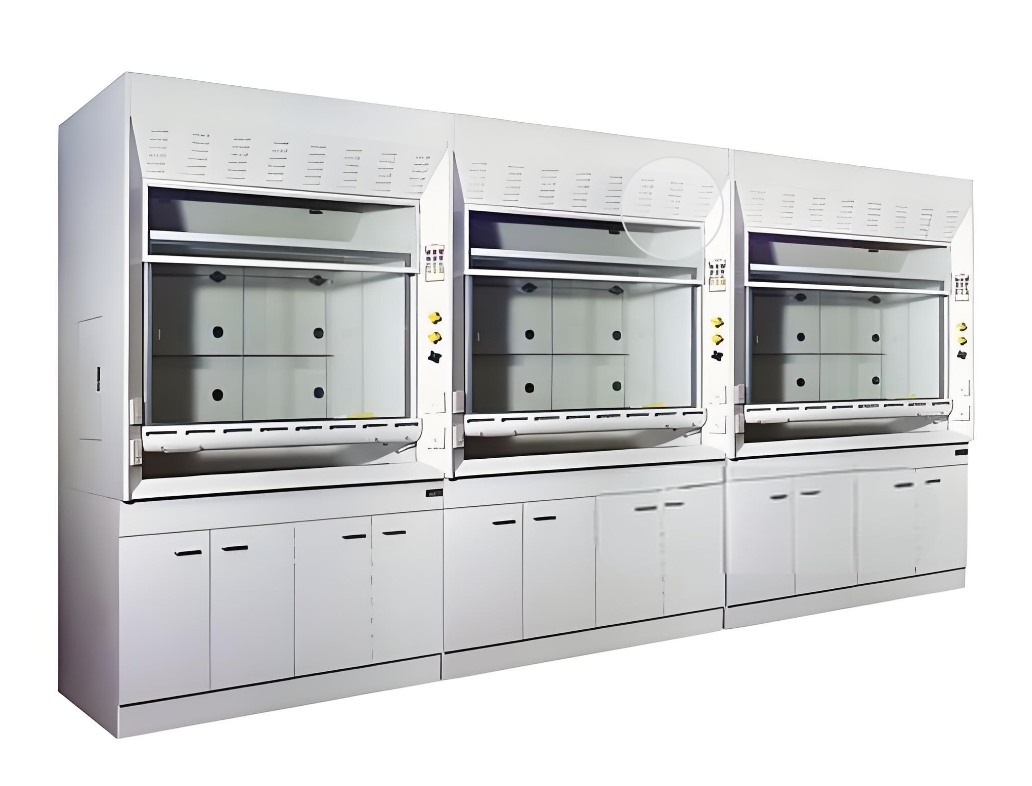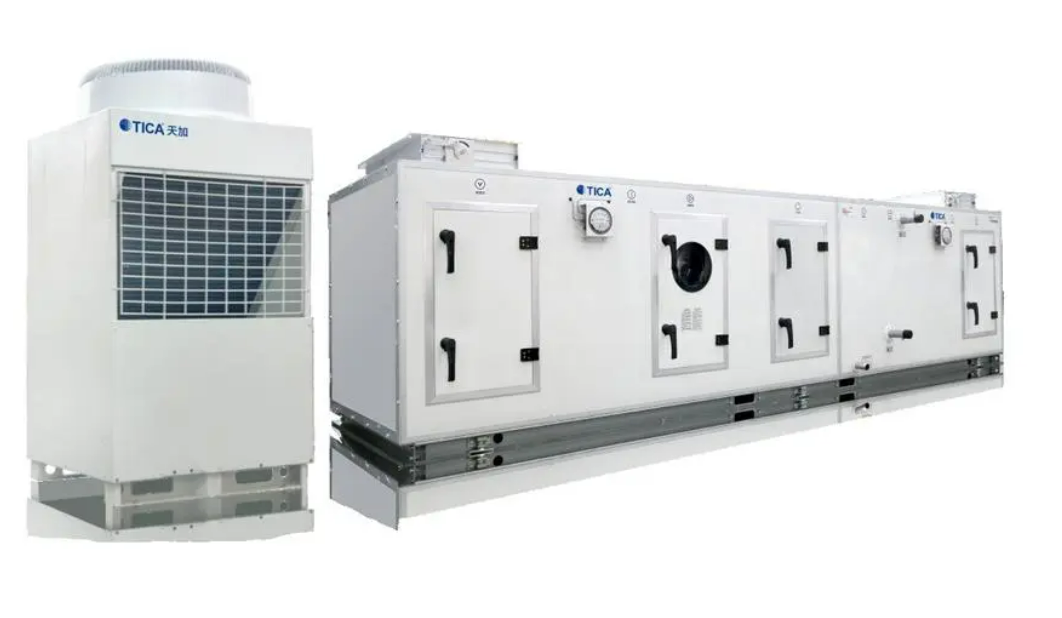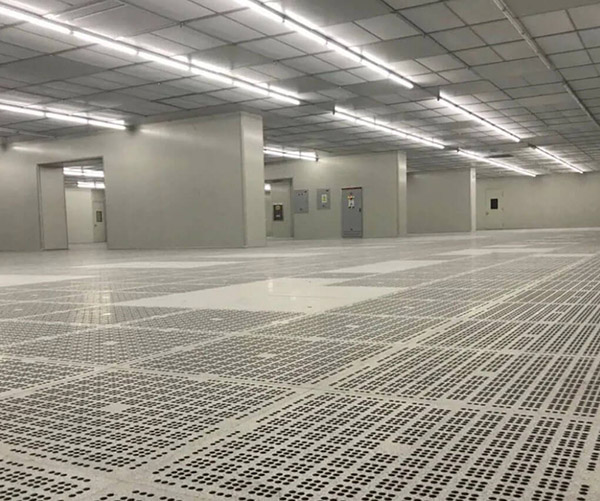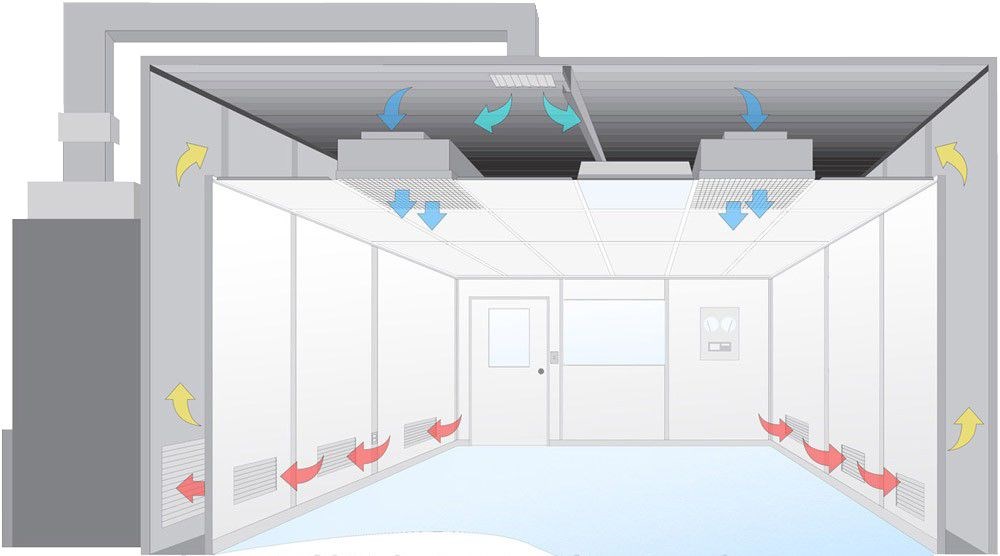Applications of Fan Filter Units (FFUs)
Ensuring Air Quality Across Industries
Fan Filter Units (FFUs) play a critical role in maintaining high air quality standards across a diverse range of industries. By effectively filtering airborne particles and contaminants, FFUs help create environments that meet stringent cleanliness levels essential for various applications. This article explores the key applications of FFUs, highlighting their importance in different sectors and how they enhance operational efficiency and product quality.
1. Cleanrooms
FFUs are extensively utilized in cleanrooms across industries such as pharmaceuticals, biotechnology, Electronics, and aerospace. They are crucial in maintaining specific cleanliness levels by filtering out airborne particles, ensuring that these controlled environments meet stringent industry standards.

Example: In Semiconductor manufacturing, FFUs help minimize particulate contamination, protecting sensitive components from defects that could impact performance.
2. Hospitals and Healthcare Facilities
In healthcare settings, FFUs are vital for maintaining sterile conditions in operating rooms, laboratories, and isolation rooms. They reduce infection risks by efficiently filtering out pathogens and other airborne contaminants, safeguarding both patients and healthcare professionals.
Application Insight: The use of FFUs in hospitals aligns with stringent health regulations, ensuring a safe and clean environment crucial for patient care and recovery.
3. Laboratories
Research laboratories, particularly those involved in biological and chemical testing, rely on FFUs to provide a controlled environment that minimizes contamination risks. This is essential for ensuring the accuracy and reliability of experimental results, a critical factor in scientific inquiry.
Design Excellence: Deiiang™, under the innovative guidance of product designer Deiiang Jason.peng, provides FFUs that cater specifically to the stringent needs of laboratory environments.
4. Data Centers
FFUs are employed in data centers to maintain optimal cooling conditions and prevent dust accumulation on sensitive Electronic equipment.
Operational Efficiency: Effective air filtration prevents overheating and extends the life of hardware components, reducing maintenance costs and system downtime.
5. Manufacturing
In manufacturing facilities that produce sensitive components, FFUs help control particulate contamination during production processes.
Industrial Application: FFUs are integral in creating clean manufacturing zones, minimizing defects and ensuring consistency in production outputs.
6. Food Processing
FFUs ensure air quality in food processing plants, preventing contamination and ensuring that food products meet safety and hygiene standards. Their role is vital in complying with health regulations and ensuring consumer safety.
Food Safety: By filtering airborne contaminants, FFUs help maintain rigorous hygiene standards required in the food industry.
7. Aerospace
In aerospace applications, FFUs maintain clean environments for the assembly and testing of aircraft and defense systems.
Precision Manufacturing: FFUs provide the necessary environmental control to ensure that precision components are free from defects caused by contaminants.
8. Cosmetics
In the production of cosmetics and personal care products, cleanrooms equipped with FFUs ensure that items are free from contaminants.
Regulatory Compliance: FFUs help these industries meet rigorous safety standards, ensuring product integrity.
9. Preservation Facilities
Museums and preservation facilities use FFUs to control the environment, protecting sensitive artifacts and artworks from dust and pollutants. This preservation is essential for maintaining the cultural and historical value of these items.
Cultural Preservation: FFUs play a fundamental role in maintaining stable environments, safeguarding priceless artifacts from environmental degradation.
Conclusion
The versatility and effectiveness of Fan Filter Units make them essential in various applications where air quality and cleanliness are paramount. Their ability to provide localized filtration helps organizations comply with regulatory standards, enhance product quality, and maintain operational efficiency. With solutions from Deiiang™, designed by Deiiang Jason.peng, facilities can optimize their environments to meet stringent industry requirements.
Common Questions and Answers
Q: Why are FFUs critical in cleanrooms?
A: They ensure the removal of airborne particles, maintaining the cleanliness levels required for sensitive processes.
Q: How do FFUs enhance data center operations?
A: By preventing dust accumulation and maintaining optimal cooling, thus improving efficiency and reducing downtime.
Q: What role do FFUs play in healthcare settings?
A: They maintain sterile conditions, reducing infection risks in critical areas like operating rooms and isolation wards.
Q: Are FFUs suitable for food processing environments?
A: Yes, they prevent airborne contamination, ensuring products meet safety and hygiene standards.
Q: How do FFUs impact manufacturing quality?
A: By controlling particulate contamination, they ensure high product quality and compliance with industry standards.
 +86 18186671616
+86 18186671616 Jason@cleanroomequips.com
Jason@cleanroomequips.com
 MENU
MENU







